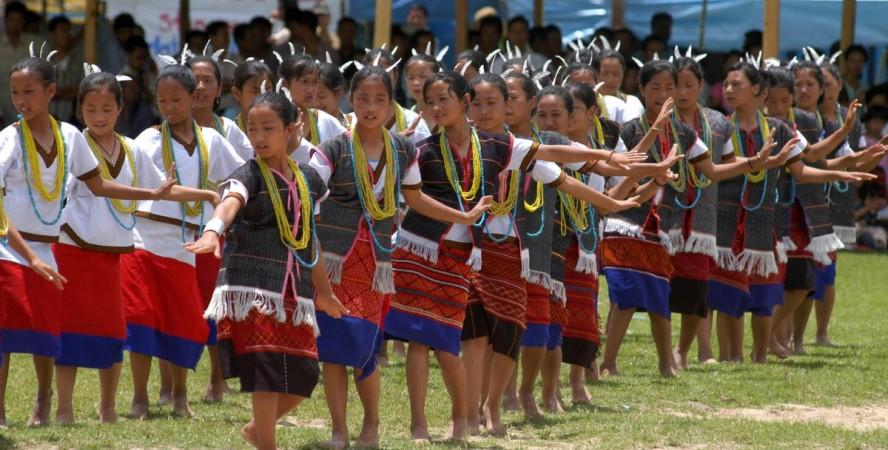
Today, July 5, marks the first day of the Dree Festival in Arunachal Pradesh. The Apatani tribe in Arunachal Pradesh celebrates the three-day agriculture festival – Dree Festival – every year in July for good harvest season.
For the three-day festival, the Apatani tribe come together to appease the gods and goddesses. The members of the tribe sacrificing domestic fowls, animals and eggs to please the gods. During this time, women in the family prepare rice beer. They also perform a dance to celebrate the festival.
Here are a few facts to know about Apatanis tribe.
Where do they live?
The Apatani tribe is located in Arunachal Pradesh's small town named Ziro valley. The town has been a favourite for World Heritage Site. The home to Apatani tribe is located around 115 km from the capital city Itanagar.
What is the tribe known for?
The Apatani tribe is known for their colourful culture, festivals, intricate handloom designs, skills in cane, bamboo crafts, and vibrant traditional village councils called bulyañ, according to the UNESCO site.
Nose plug and dark tattoos
The Apatani women can be easily identified because of their nose plug, known as yaping hurlo, and facial tattoos. The tradition was followed by the older generation to make women's face look less beautiful in order to deter tribal raider. While the nose plugs were placed on both the sides of the nose, the dark tattoos go vertically down their top of the forehead to the chin.
Dying tradition
The nose plug and dark tattoos tradition, a kind of rite of passage after a woman's first period, are not followed since 1970. Now only the elderly women of the tribe are seen with a nose plug and dark tattoos.
Their own religion
The tribe practices their own religion, which is known as Donyi-Polo. They pray to the Sun (Donyi) and the Moon (Polo).
Major festivals
The tribe has four major festivals namely Dree, Yapung, Myoko and Murung. While Dree festival is celebrated in July, Yapung is celebrated in September or October, Myoko is celebrated in March and Murung is celebrated in January.
These festivals are celebrated to ensure better cultivation, protection of the grains from hailstone, storms, insects and wild animals.












